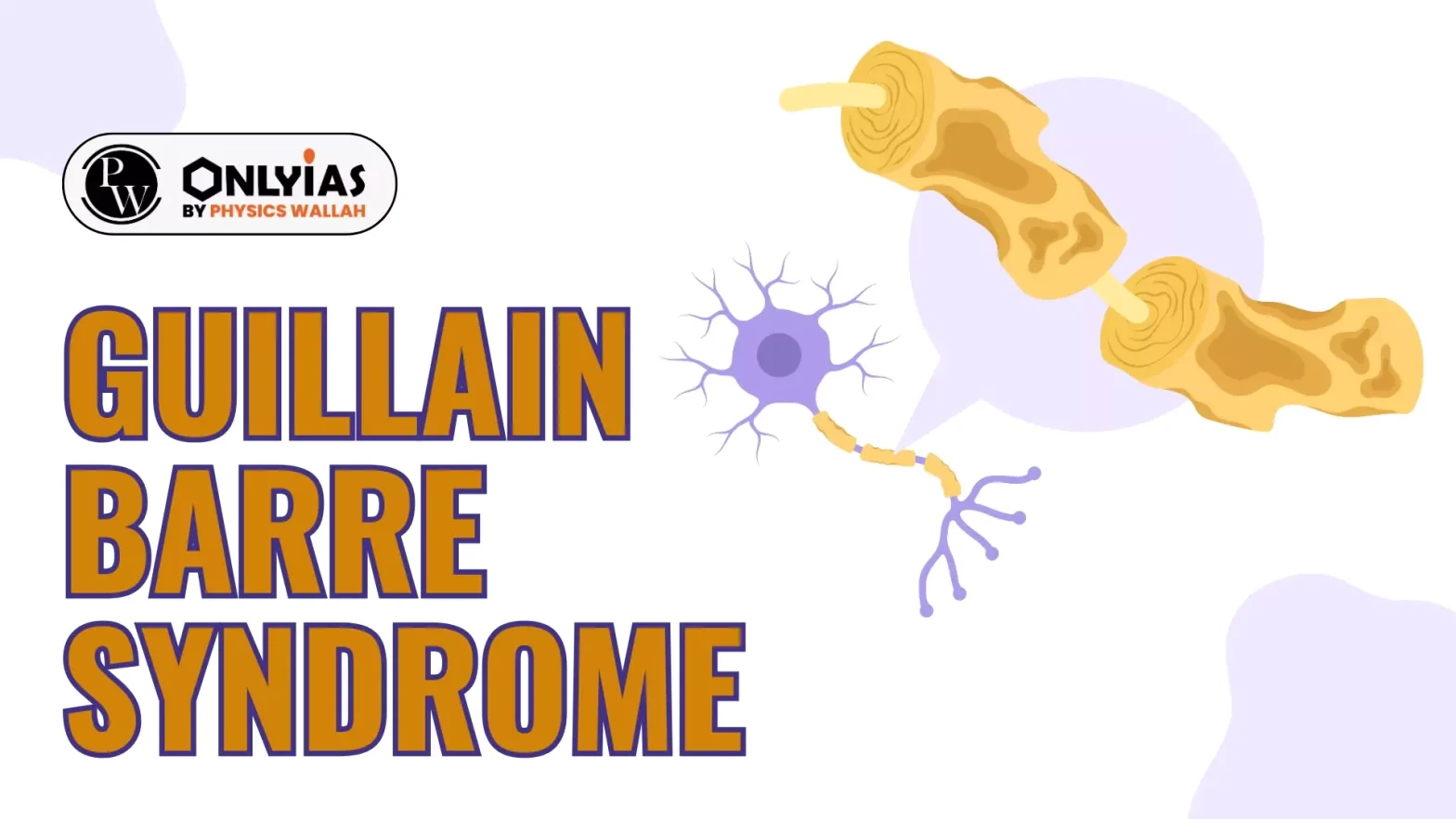Guillain Barre Syndrome (GBS) is a rare neurological disorder in which the body's immune system mistakenly attacks its peripheral nerves.

Guillain-Barré Syndrome (GBS) is a rare and serious autoimmune disorder that affects the peripheral nervous system. This condition occurs when the body’s immune system mistakenly attacks the protective covering of the nerves, known as the myelin sheath. This results in communication breakdown between the brain and the body, leading to symptoms like muscle weakness, numbness, and, in severe cases, complete paralysis. GBS can progress rapidly and requires immediate medical intervention to prevent complications. It can occur at any age and affects both men and women equally. Timely diagnosis and treatment are crucial for recovery, as untreated GBS can result in life-threatening complications like respiratory failure.
Guillain Barré Syndrome (GBS) is an autoimmune condition where the immune system attacks the peripheral nerves, which transmit signals from the brain and spinal cord to the rest of the body. It is often preceded by an infection, such as a respiratory or gastrointestinal infection, which seems to trigger an immune response that mistakenly targets the nerves. The syndrome is named after French neurologists Georges Guillain and Jean Barré, who first described it in 1916. While the exact cause is unknown, GBS is considered a medical emergency because its symptoms can worsen rapidly, potentially leading to paralysis and other severe complications.
Symptoms of GBS typically begin with weakness or tingling sensations in the legs and can rapidly progress to the arms and upper body. Early signs often mimic those of other conditions, making diagnosis challenging. As the disease progresses, more severe symptoms may appear:
Understanding these symptoms can help in the early identification of GBS, which is critical for initiating prompt treatment.
Guillain-Barré Syndrome (GBS) is a condition where the immune system mistakenly attacks the nerves, usually after an infection. Here’s a simple explanation:
GBS itself is not contagious. However, the infections that trigger it, such as Campylobacter or certain viruses, can spread through contaminated food, water, or close contact with infected individuals. Understanding this distinction is essential to address misconceptions about the syndrome’s transmissibility.
Maintaining good hygiene, such as regular handwashing and proper food handling, can help reduce the risk of infections that may lead to GBS. In outbreak scenarios, as recently observed in Pune, controlling the spread of the underlying bacterial or viral trigger is crucial to prevent new cases.
There is no cure for Guillain-Barré Syndrome, but treatment focuses on managing symptoms, accelerating recovery, and preventing complications. Two primary treatments are commonly used:
Supportive care, such as mechanical ventilation for respiratory failure, physical therapy for muscle weakness, and pain management, is also essential. With prompt medical intervention, most individuals recover fully, although recovery may take several months or even years.
A recent outbreak in Pune, India, has brought GBS into focus, with 111 reported cases and one fatality within less than three weeks. Health authorities have linked the outbreak to a bacterial infection, highlighting the importance of early detection and intervention.
With the current rise in cases, understanding Guillain-Barré Syndrome is vital for early detection and effective management.
Ready to boost your UPSC 2025 preparation? Join PW’s UPSC online courses today!
GBS is a rare autoimmune disorder where the immune system attacks the nerves, leading to weakness, paralysis, and other complications.
Symptoms include tingling, muscle weakness, difficulty walking, and, in severe cases, respiratory issues.
GBS is often triggered by infections like Campylobacter, influenza, or Zika virus, and in rare cases, by vaccinations or surgeries.
No, GBS is not contagious, but infections that may trigger it can spread through contaminated food, water, or close contact.
Treatment includes plasma exchange, intravenous immunoglobulin (IVIG), and supportive care like physical therapy and respiratory assistance.
A total of 111 cases of GBS have been confirmed in less than three weeks.
<div class="new-fform">
</div>